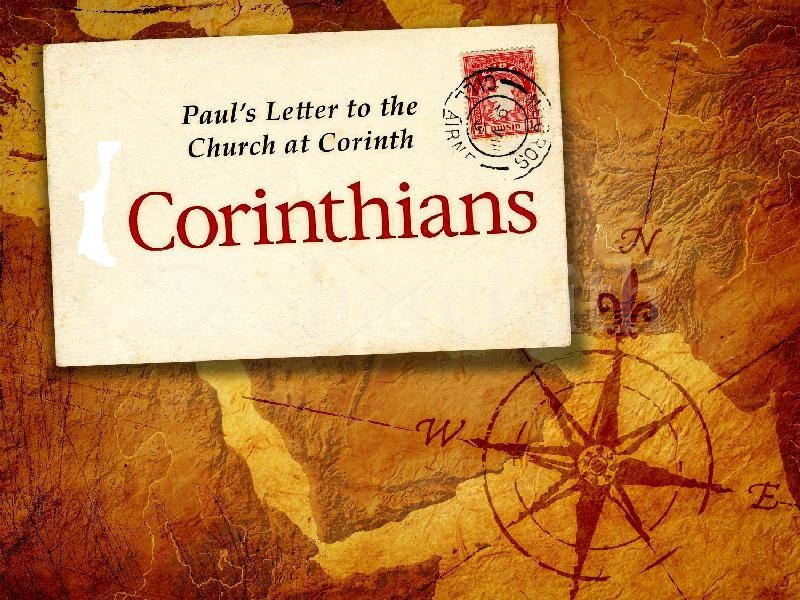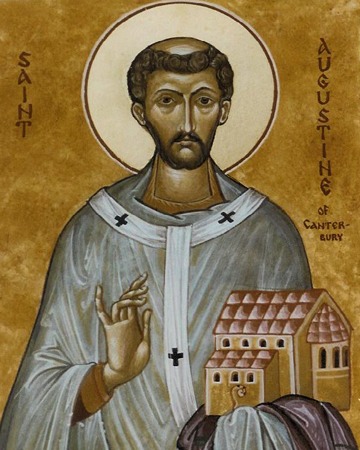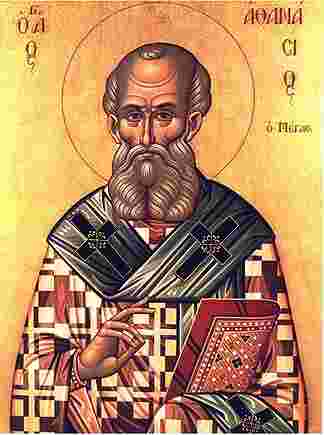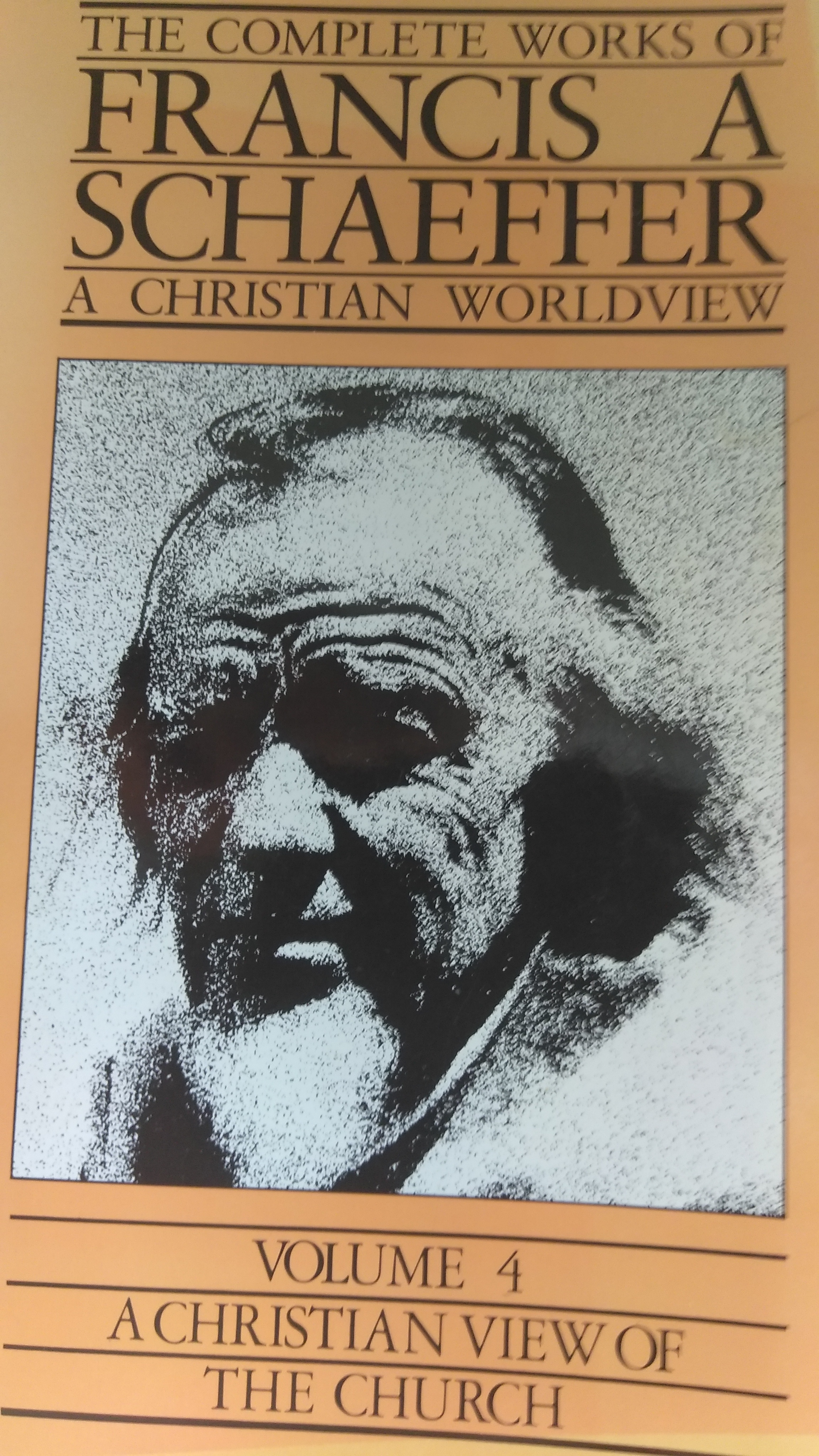
Apologetics and specifically apologists have had a bad rap among modern Christians for various reasons. Some have been known to be arrogant, pushy, snobbish, graceless, prayer-less people who ironically have diluted the gospel message. But a few bad apples “don’t spoil the whole bunch”. There have been many who have been faithful to the cause of Christ and the kingdom of God and have paid the price for it as a result.
The church has been graced with many apologists since the inception of the primitive church who were marked by: prayer, erudition, genius, talent, and true piety. In this book Avery Dulles aims to reveal how the heroes from the past understood and lived out what it meant to fulfill the mandate of 1 Peter 3:15.
Although nothing “new” can be said, recurring issues from the past resurface with “new” garb, which at the core are the same old problems. Dulles gives special attention to both Catholic and Protestant contributors. This text is a historical must read for those would learn from those who have gone before us.
APOLOGETIC MOTIFS IN THE EARLY TRADITION
Christianity was a message before being an apologetic. Jesus Christ, the promised Messiah, crucified, buried, and Risen from the dead was at the story’s core [pp.2-3]. The Earliest Preaching focused on Christ’s Lordship (Acts 2:14-40; 3:12-26); backed up the claims of his Messiahship through fulfilled prophecy (Ps.2:7-8; 110:1; Acts 2:26; Heb. 1:5; 5:5); emphasized his resurrection as the core of the apostolic proclamation (Dan.7:13; acts 2:25-28); and Jesus’ passion was seen as the fulfillment of the prophet Isaiah’s account (Is.53):
“Who has believed our message? And to whom has the arm of the Lord been revealed? 2 For He grew up before Him like a tender shoot, And like a root out of parched ground;
He has no stately form or majesty That we should look upon Him,
Nor appearance that we should be attracted to Him. 3 He was despised and forsaken of men, A man of sorrows and acquainted with grief; And like one from whom men hide their face He was despised, and we did not esteem Him. 4 Surely our griefs He Himself bore, And our sorrows He carried; Yet we ourselves esteemed Him stricken, Smitten of God, and afflicted. 5 But He was pierced through for our transgressions, He was crushed for our iniquities;
The chastening for our well-being fell upon Him, And by His scourging we are healed. 6 All of us like sheep have gone astray,
Each of us has turned to his own way; But the Lord has caused the iniquity of us all To fall on Him.
7 He was oppressed and He was afflicted, Yet He did not open His mouth; Like a lamb that is led to slaughter, And like a sheep that is silent before its shearers, So He did not open His mouth. 8 By oppression and judgment He was taken away; And as for His generation, who considered That He was cut off out of the land of the living For the transgression of my people, to whom the stroke was due? 9 His grave was assigned with wicked men, Yet He was with a rich man in His death, Because He had done no violence, Nor was there any deceit in His mouth. 10 But he Lord was pleased To crush Him, putting Him to grief; If He would render Himself as a guilt offering, He will see His offspring, He will prolong His days, And the good pleasure of the Lord will prosper in His hand. 11 As a result of the anguish of His soul, He will see it and be satisfied; By His knowledge the Righteous One, My Servant, will justify the many,
As He will bear their iniquities. 12 Therefore, I will allot Him a portion with the great, And He will divide the booty with the strong;
Because He poured out Himself to death, And was numbered with the transgressors; Yet He Himself bore the sin of many, And interceded for the transgressors.”
APOLOGETIC DEVELOPMENT: [Pgs.3-9]
The early believers confronted and answered their objectors with amazing precision, penetration and practicality. One objection was explaining: “the Ascension of Christ—where is He now?” He’s presently in heaven (Ps.16: 11; 110:1); he will return as the judge of the living and the dead (Acts 3:21); and his dominion is presently exercised through the Spirit’s outpouring (Acts 2:16-21).
When it came to the Passion of Christ, Jesus was seen to be cursed by God through the crucifixion (Dt.21:23), but this humiliation was part of God’s redemptive plan (Is. 52-53, see 53:5) in order to justify many from the curse of the Law through faith in Jesus (Gal. 3:10-14). Moreover, the blindness of the Jews was predicted by the prophet (Is.9-10; Acts 28:26-27); and was caused by God even though God has not forgotten them (Rom.9-11).
Another issue that had to be addressed was the betrayal of Judas. How could Jesus have miscalculated the treachery of this disciple? This betrayal was also predicted in scripture (Jn.13:18; cf., Ps.41:9) and points to the sovereignty of God in all things even when our choices are significant and we’re culpable.
Then there’s the issue of Jesus’ Origin being from Nazareth. He’s in the line of David (Ps.89:3-4; Jn.1:45-46; Mic.5:1; Mt.2:5; Jn.7:42) seen by his birthplace to be in Bethlehem.
Again, there’s the issue of Jesus’ Public Life: where he never claimed to be the Messiah. Nevertheless, God pointed to Jesus as his beloved Son (Ps.2: 7; Is.42:1; Lk. 3:22; 9:35; Acts 10:38; 2 Pet.1:17); the writers of the New Testament later understood that Jesus’ Messiahship was to be secret (Mk.1:34; 3:12; 5:42) perhaps because the Jews could not conceive of the type of Messiah Jesus was, or maybe because of Jesus’ ambivalent attitude toward the messianic appellations, or possibly because their hearts were hardened (Mk.6:52; 8:17; Jer.5:21).
When it came to the Miracles of Jesus they had a specific purpose. Miracles were aids to faith, evoking wonder and amazement; they are seen (especially in the casting out of demons) as Satan being overthrown by the inauguration of the Kingdom of God; and they authenticate Jesus’ message because they blend in with the Good news of salvation.
CHANGING CONTEXTS: ACTS, PAUL, AND HEBREWS [Pgs.9-13]
In The Book Acts [pp. 9-11] we see Stephens defense of Christ and the gospel (Acts 7) by pointing to Old Testament redemptive history, where God is to be sought through the prophets, who ultimately point to the exclusivity of Jesus as the only means of salvation (Is.6:9-10). Then there’s Peter’s address to the uncircumcised (Acts 10) where he undergoes a major paradigm shift of who can be saved and explains that Jesus is the healer, wonder worker, and risen Lord from the dead.
We also observe the Gentile world addressed through the agency of Natural Theology employed by Paul (Acts11…). This apostle is seen contradicting polytheism (14:15-17); on the Areopagus address to the Athenians (17:23) Paul confronts their worship, explains God’s necessity and his transcendence. Moreover, because Paul knew their authorities he could speak more forcefully to the gospel truth of coming judgment and Christ’s resurrection.
The Apostle Paul [Pgs.11-13]
This converted Pharisee who once persecuted the church was now its most influential spokesmen especially to the Gentile world. When Paul addressed the Corinthian church he tackled the issue of Faith and Reason; refused to capitulate to their love of human wisdom (1 Cor.3: 6); would not ground his preaching on the hot philosophic views of the age, but instead rested his proclamation on the Spirit’s power so that their faith (the Corinthians) be not based on man’s wisdom, but on God’s power.
When Paul addressed the Romans, he focused on the hindrance to worship (Rom. 1). This was the classic case against idolatry (vv18-23) that’s inexcusable, self-delusional, self-exalting, self-destructive, and is the reason for why God’s judgment obtains.
The Book of Hebrews [Pg.13]
We don’t really know who wrote the book of Hebrews but it’s the first apology to the Hebrew Christian Community where Christianity is seen as the perfect religion which eclipses the religion of Israel because of who Jesus of Nazareth is. Here, the Old Covenant is compared to the New Covenant, Moses is compared to Jesus, the Levites are compared to Jesus’ Priesthood, the constant sacrifices are compared to Christ’s final sacrifice and Christ’s supremacy is placarded throughout the letter.
THE FOUR EVANGELISTS AS APOLOGISTS [Pgs.13-19]
The gospel accounts come from four different perspectives concerning the life and teachings of Christ. At the core their message is identical, yet due to their audience, each biography has a different emphasis. For example, Mark’s Gospel focuses on [p.14]; the edification of converts, the explanation for why Christianity began, the supply of preaching material for missionary preachers, an armory of apologetic arguments for Jewish and heathen opposition, with the view always to remember that Christ is risen indeed.
Matthew’s Gospel intentions [p.15] focused more on the believing community where apologetically the writer was concerned with fulfilled prophecy—as a summary of Jesus’ career (Is.14:1-4), with ecclesiastical hierarchy (Mt.16:19), with combating Rabbinic thought (Mt.23), and finally with unfolding the Passion narrative (Mt.27-28).
Luke-Acts intentions [Pgs.16-17] focused on demonstrating the accurate historical account of the life of Jesus (to know the truth of all Theophilus had heard (Lk.1:1-4), it was geared toward the Roman ruler it was focused on redemptive history, and the need to establish a harmonious relationship between the Church and the supreme secular powers.
John’s Gospel intentions [Pgs.17-19] are for people to come to believe in Jesus Christ, the Son of God, the goal of which is eternal life. This would be realized through; the Signs of the miracles, emphasis on Jesus as the Light of the world to a Hellenistic audience. John’s aim in all of this is to sustain and intensify the life of believers. As such, it has apologetic affinities.
CONCLUSION
The Resurrection of Jesus was indubitably the centerpiece of early Christian apostolic preaching. Since the majority of audiences held the OT Scriptures as authoritative, it was the sacred text used apologetically to demonstrate Jesus as the Christ, the Messiah, and Redeemer of all mankind. However, when ignorance of such literature obtained, preachers like Paul would employ natural theology to proclaim the Gospel.
This brief outline is packed with Gospel truth that you believer would do well to meditate on, understand and impart to those God has called you to disciple.











